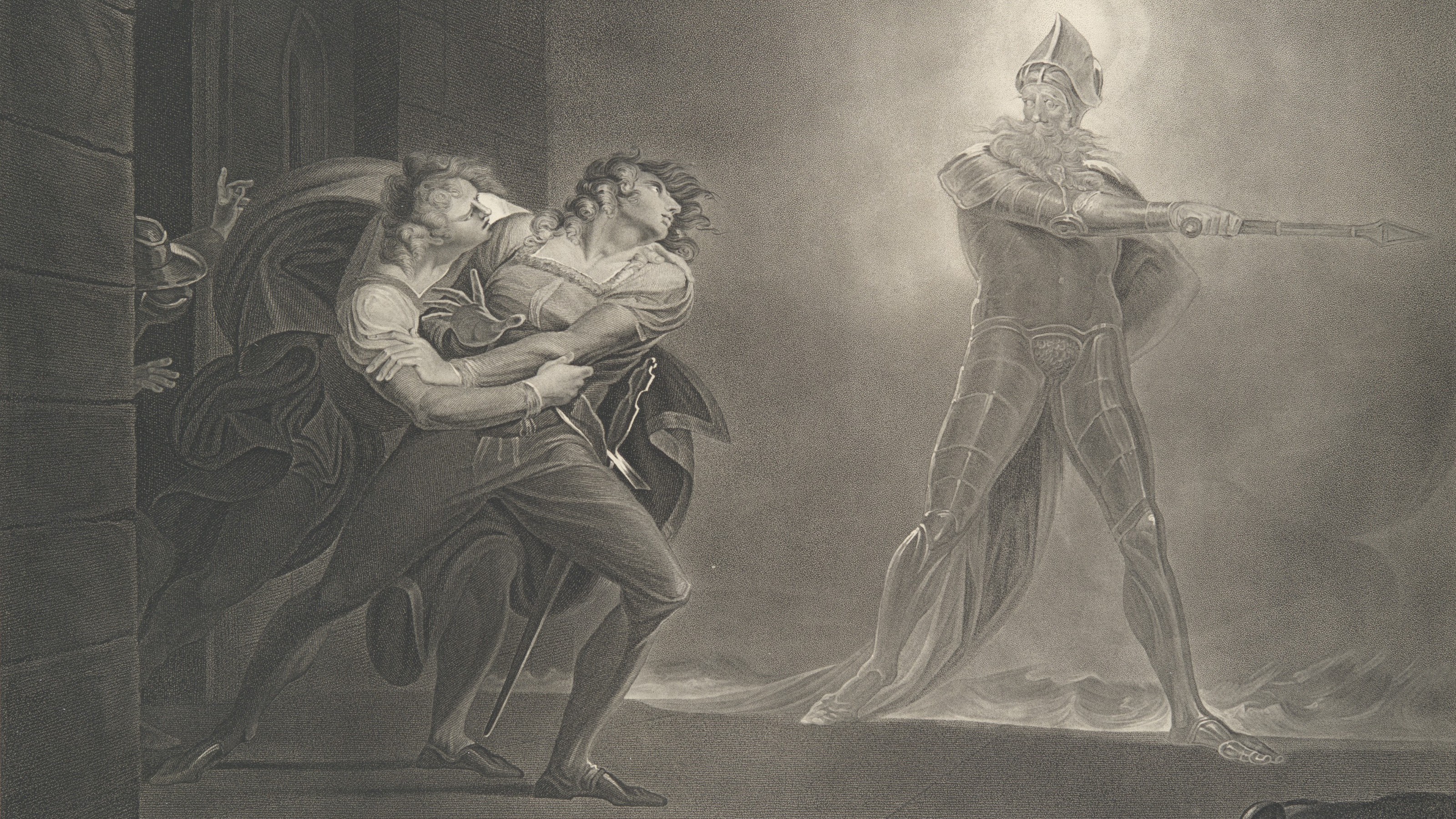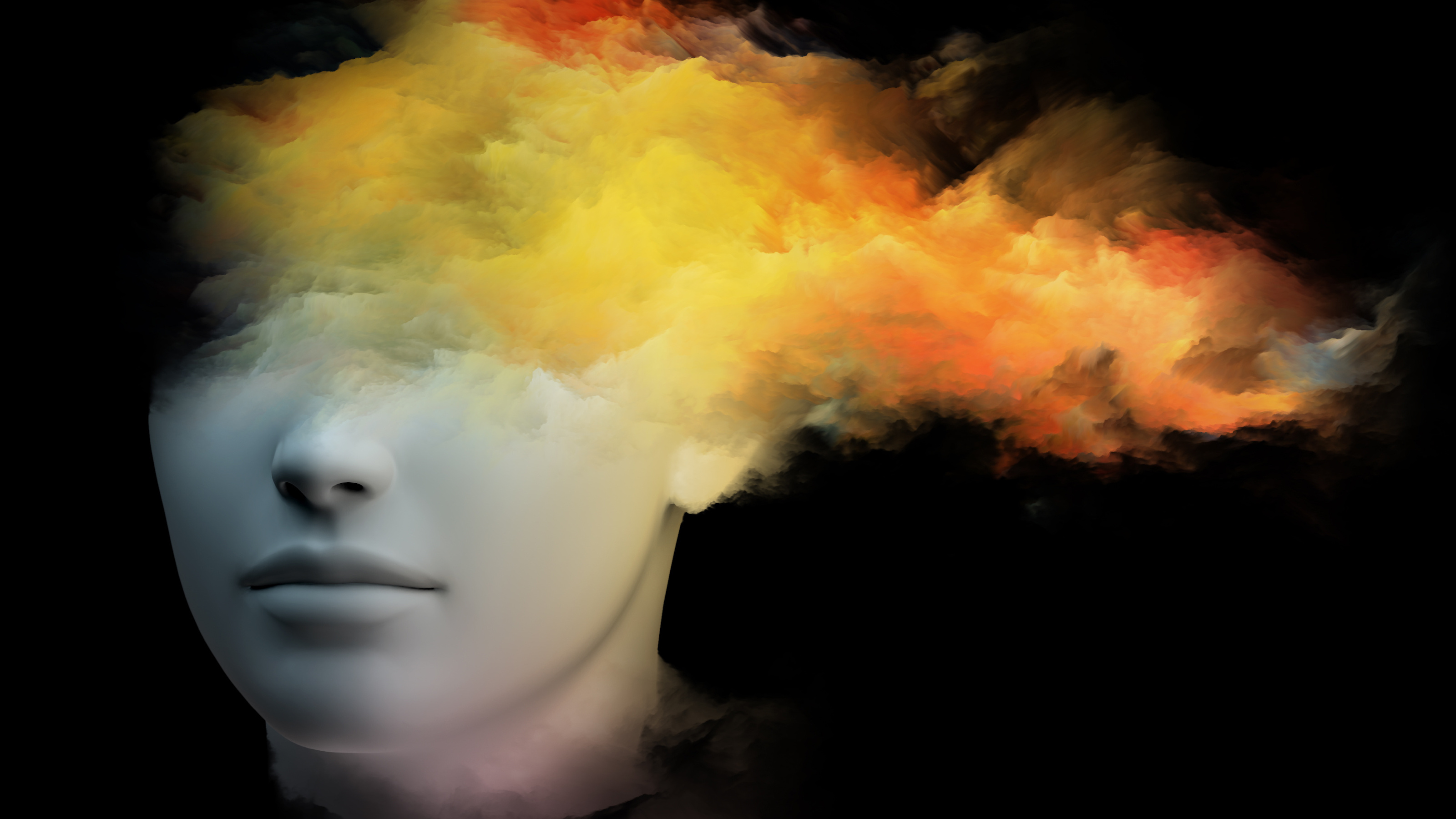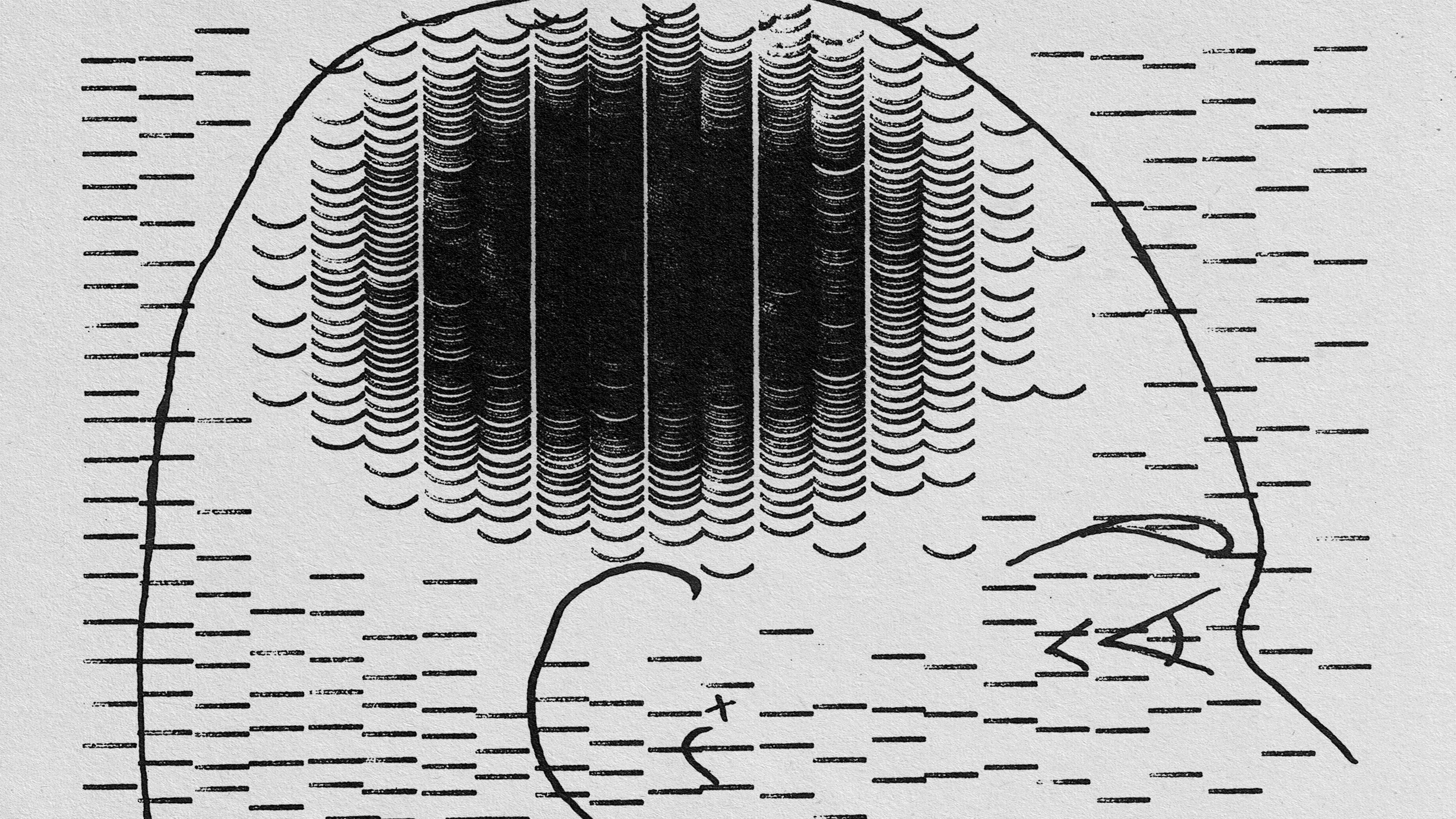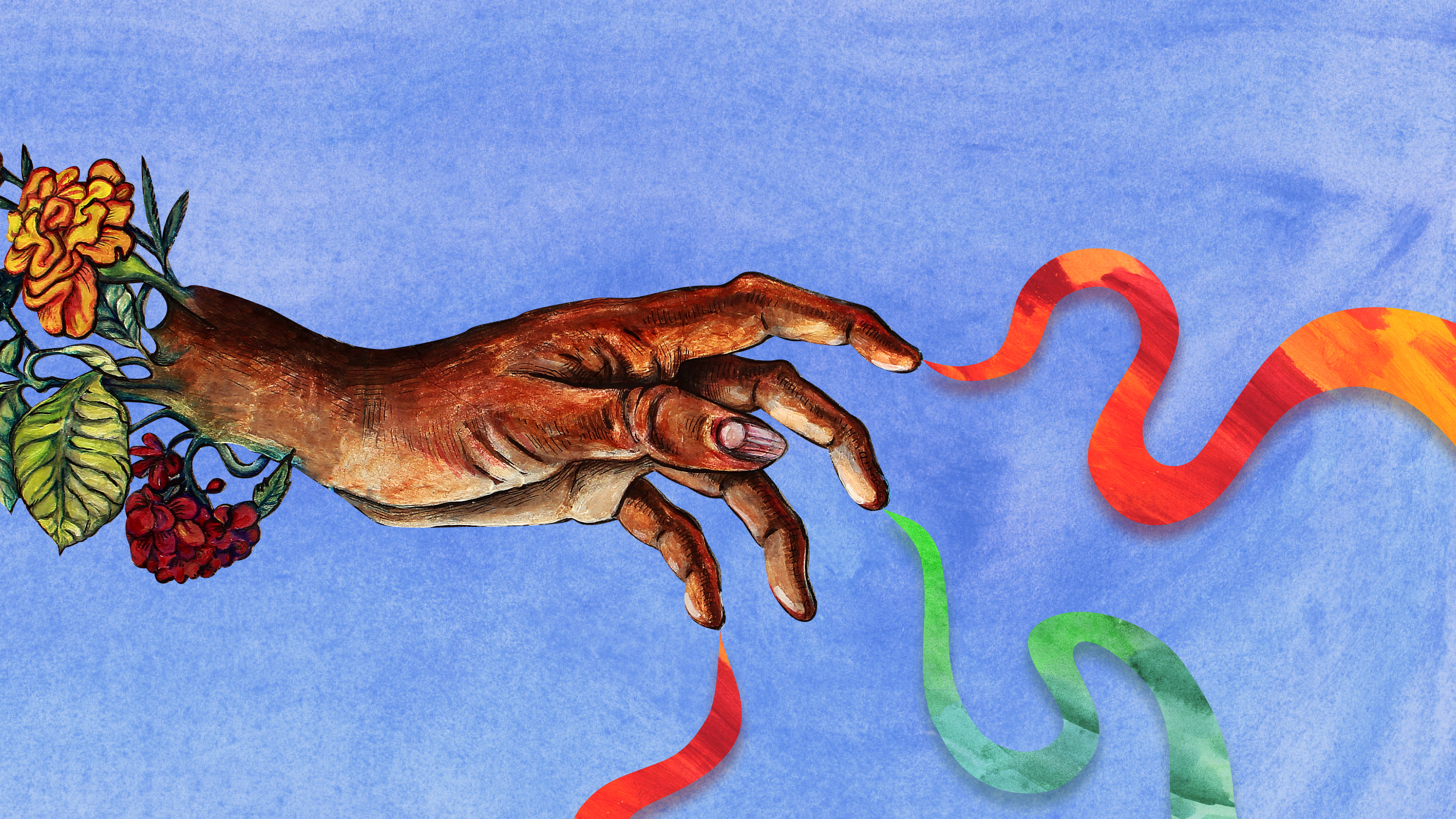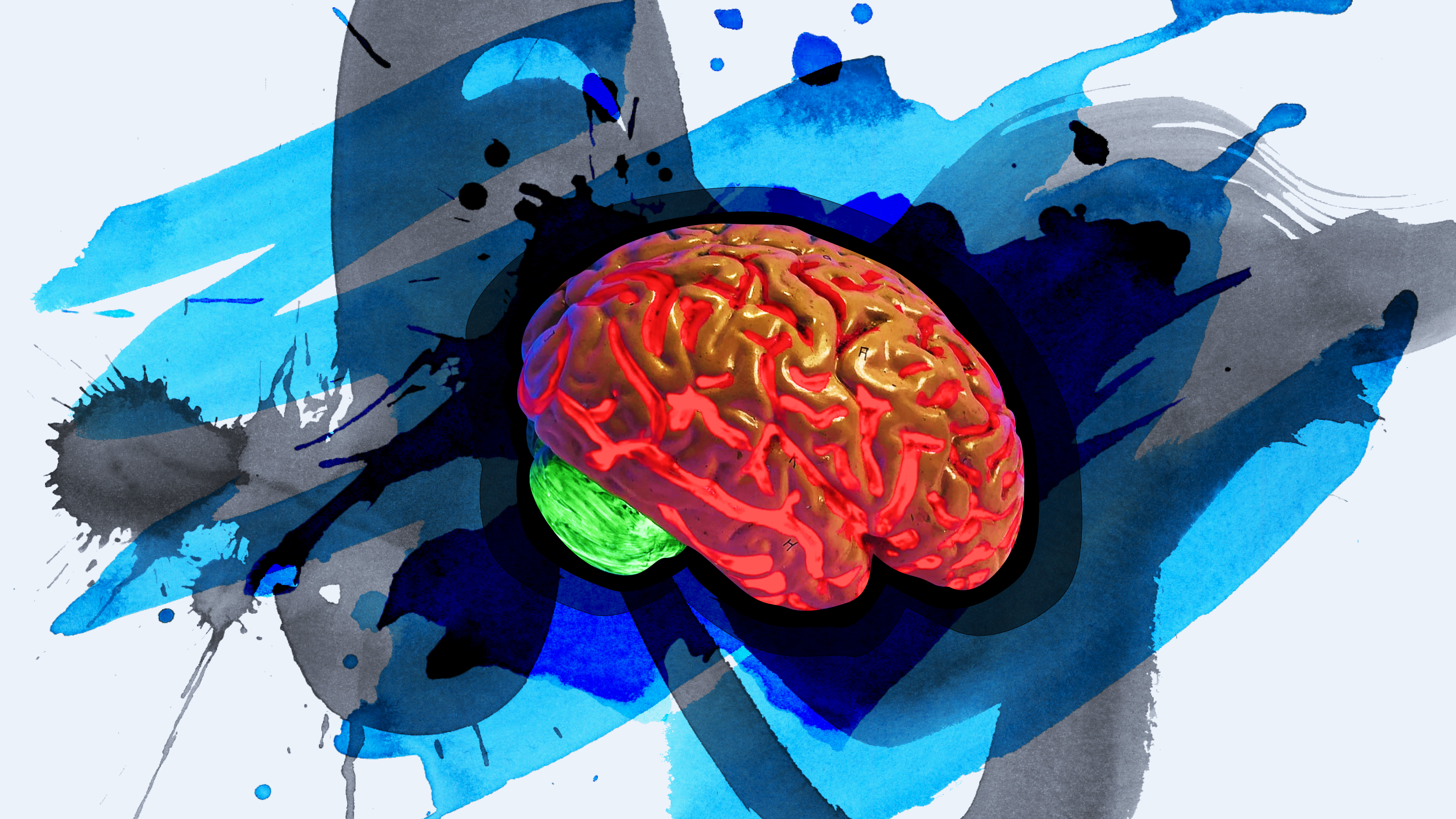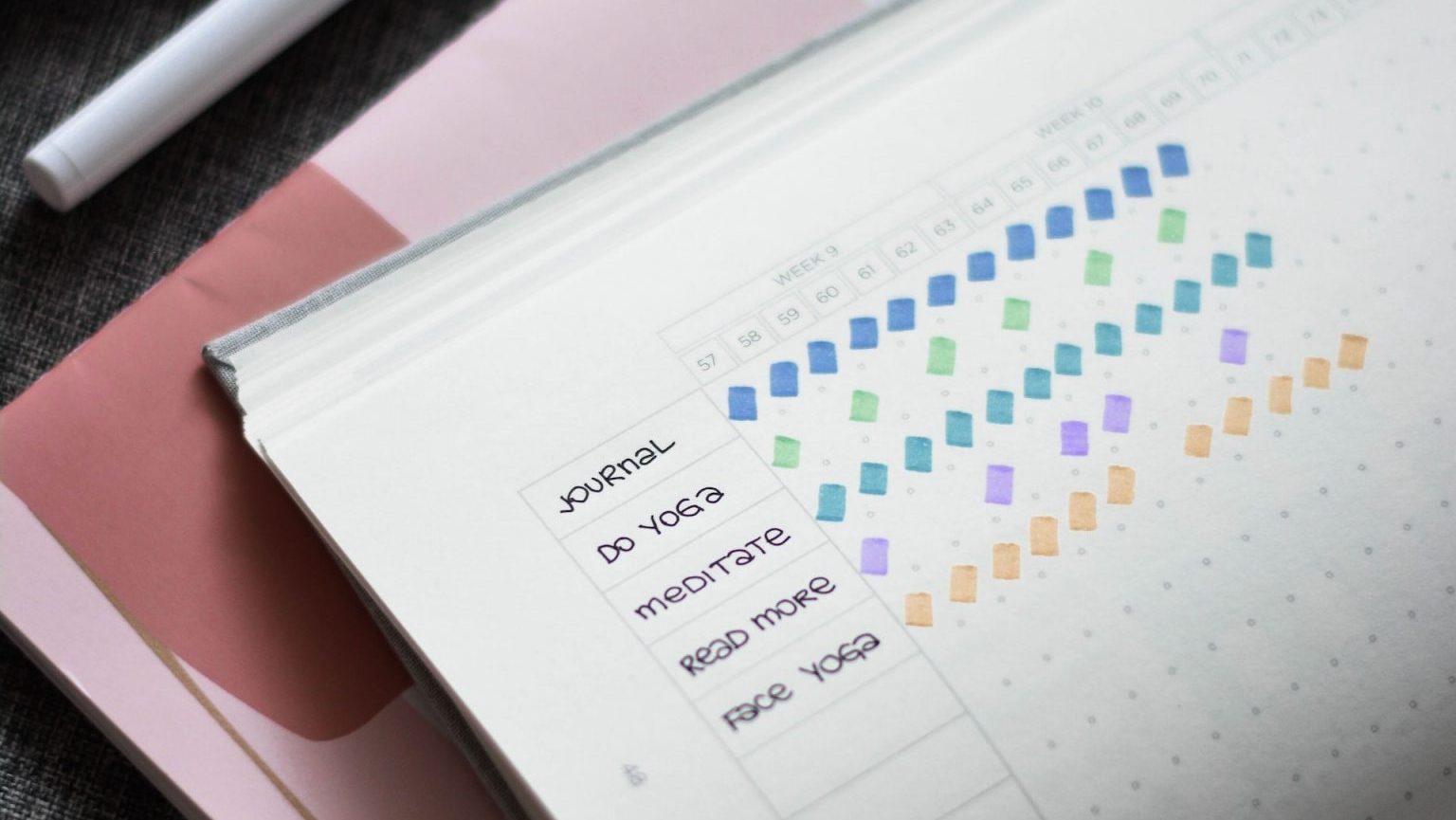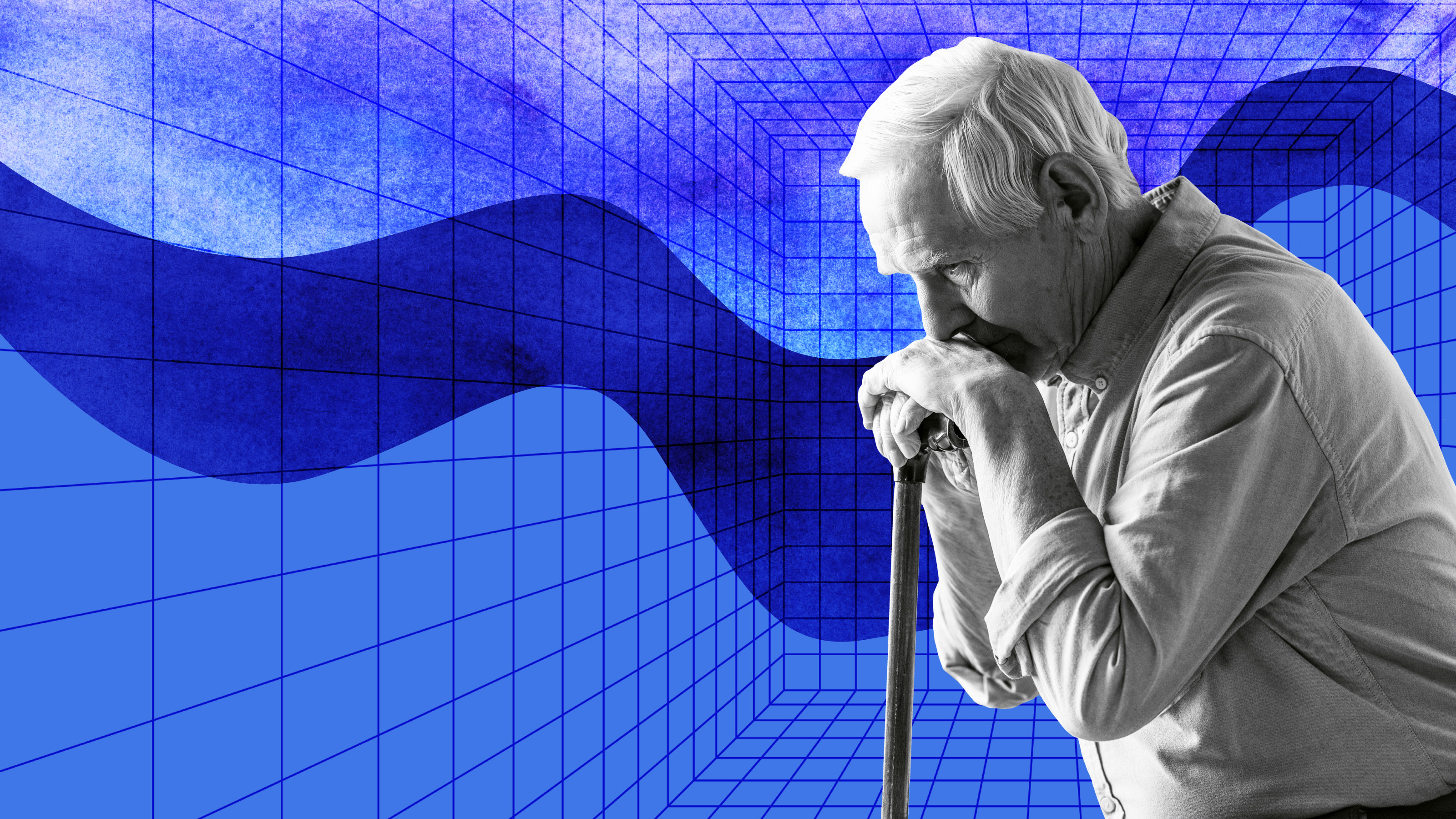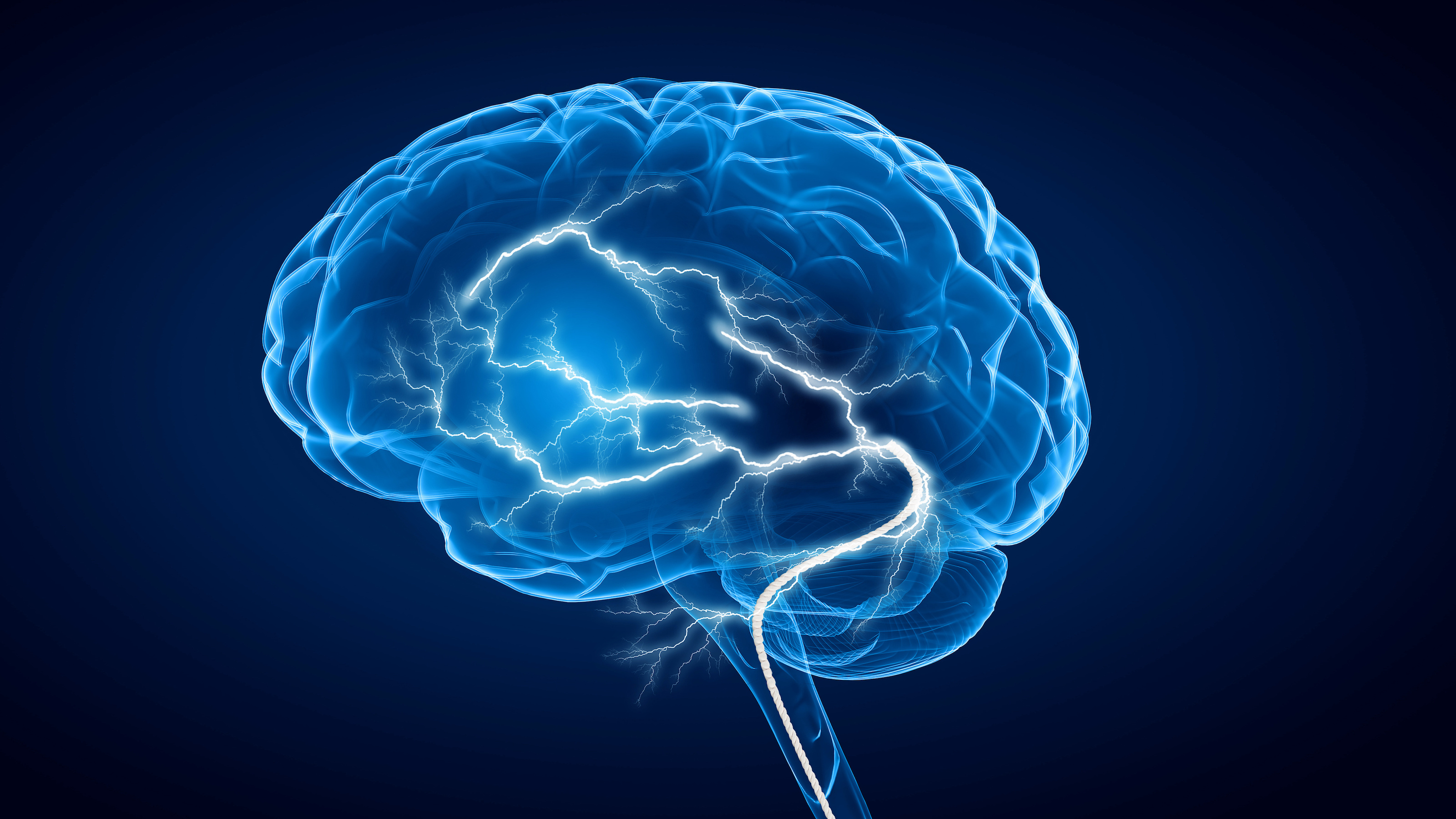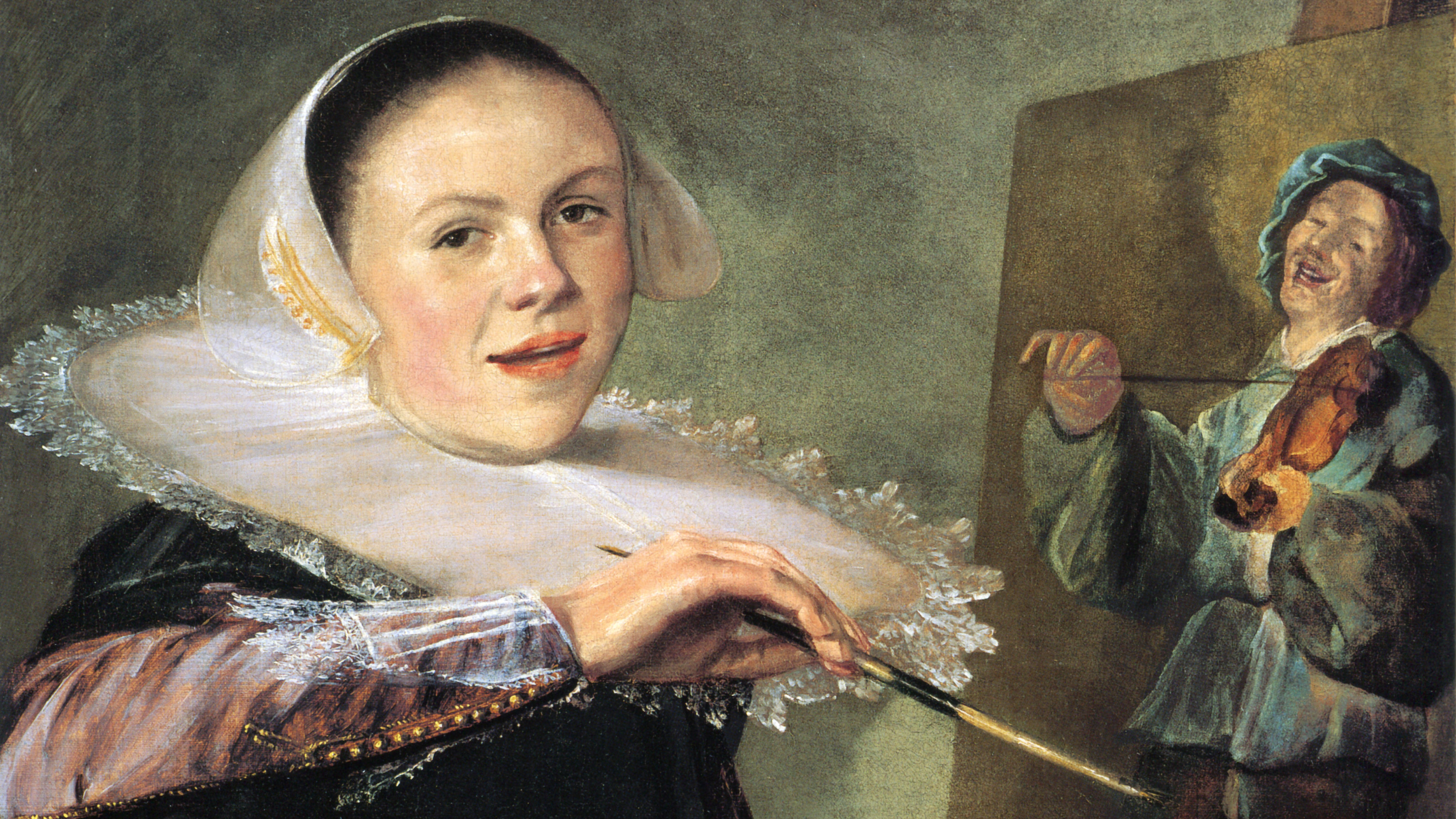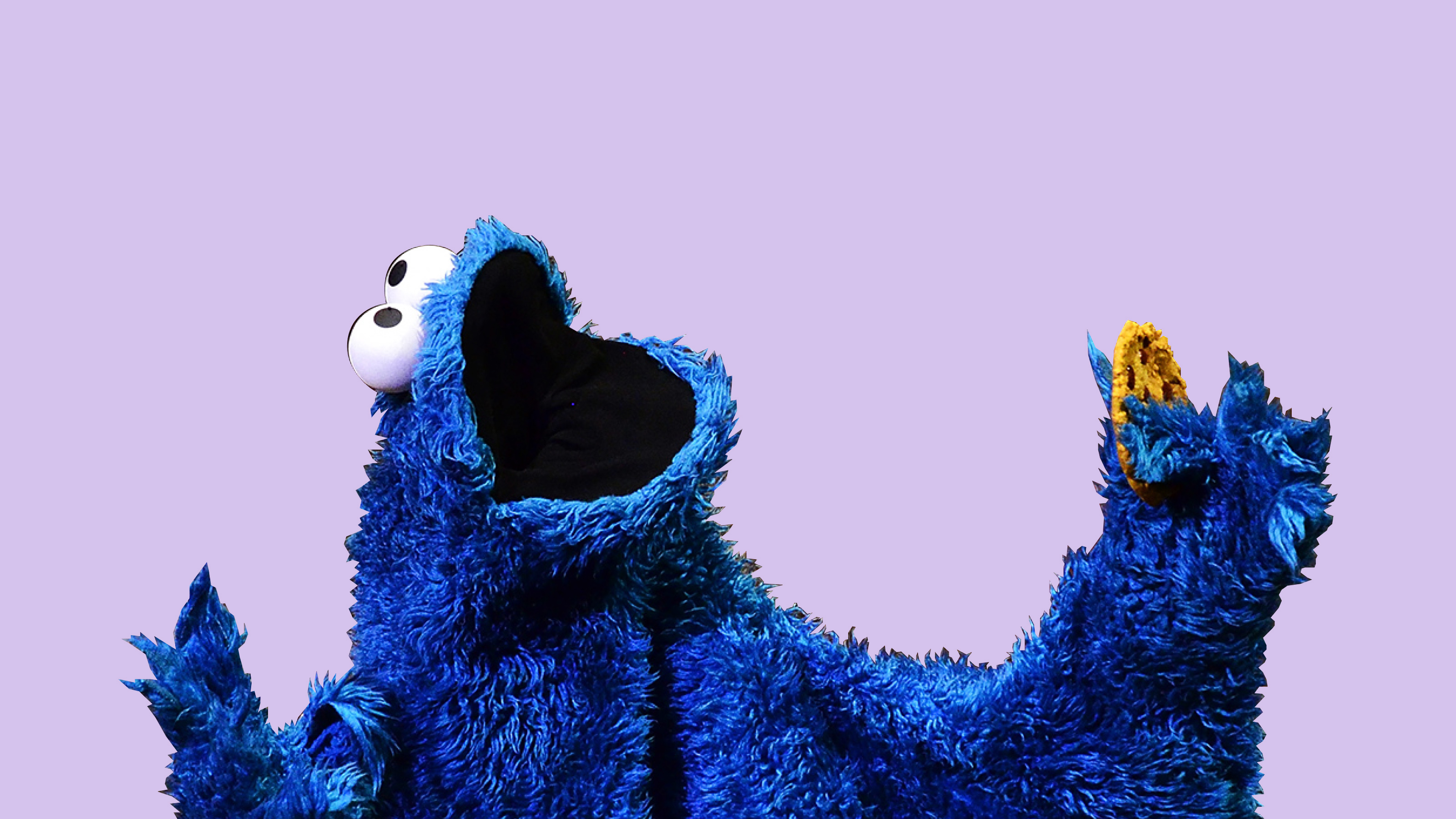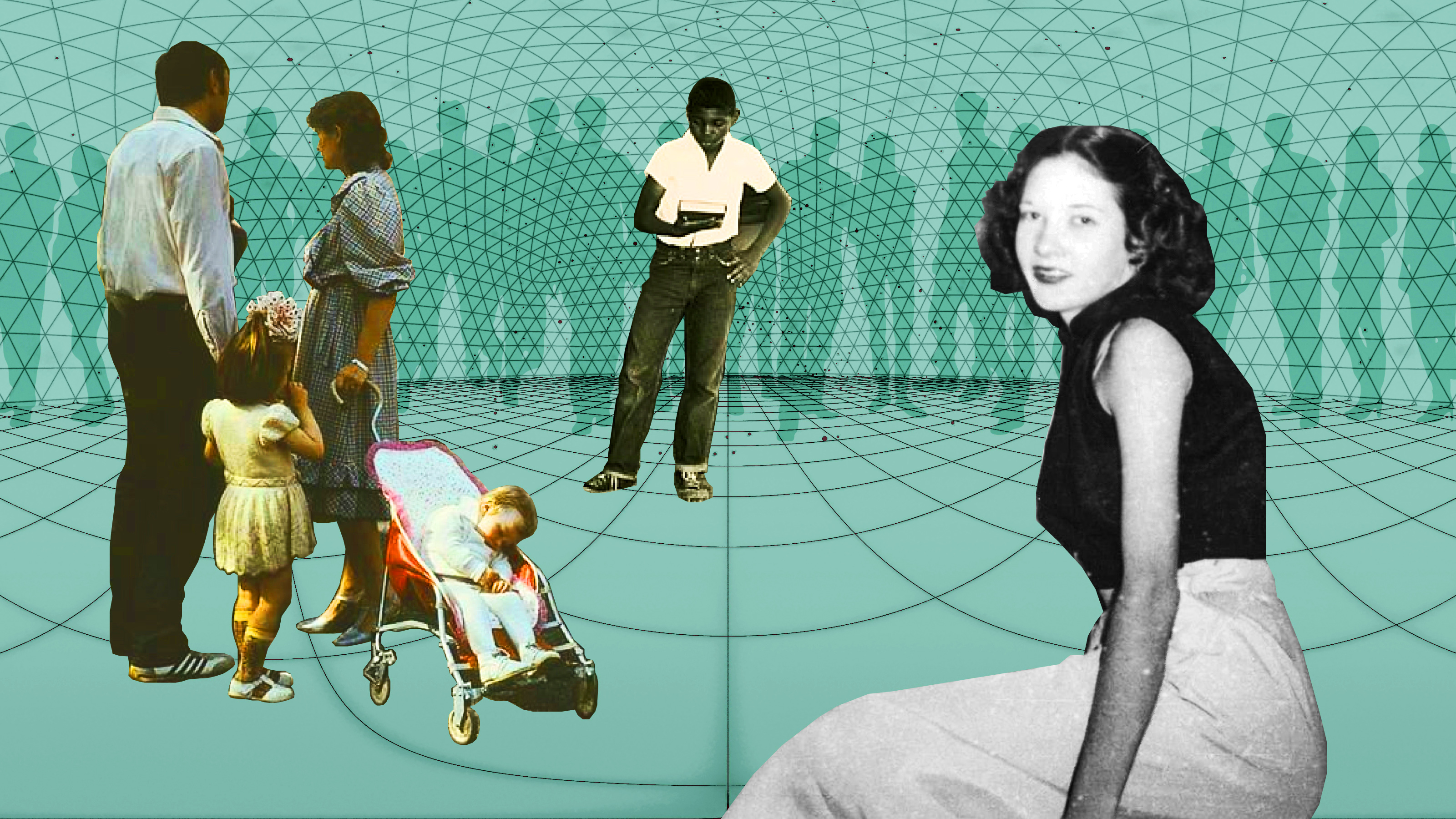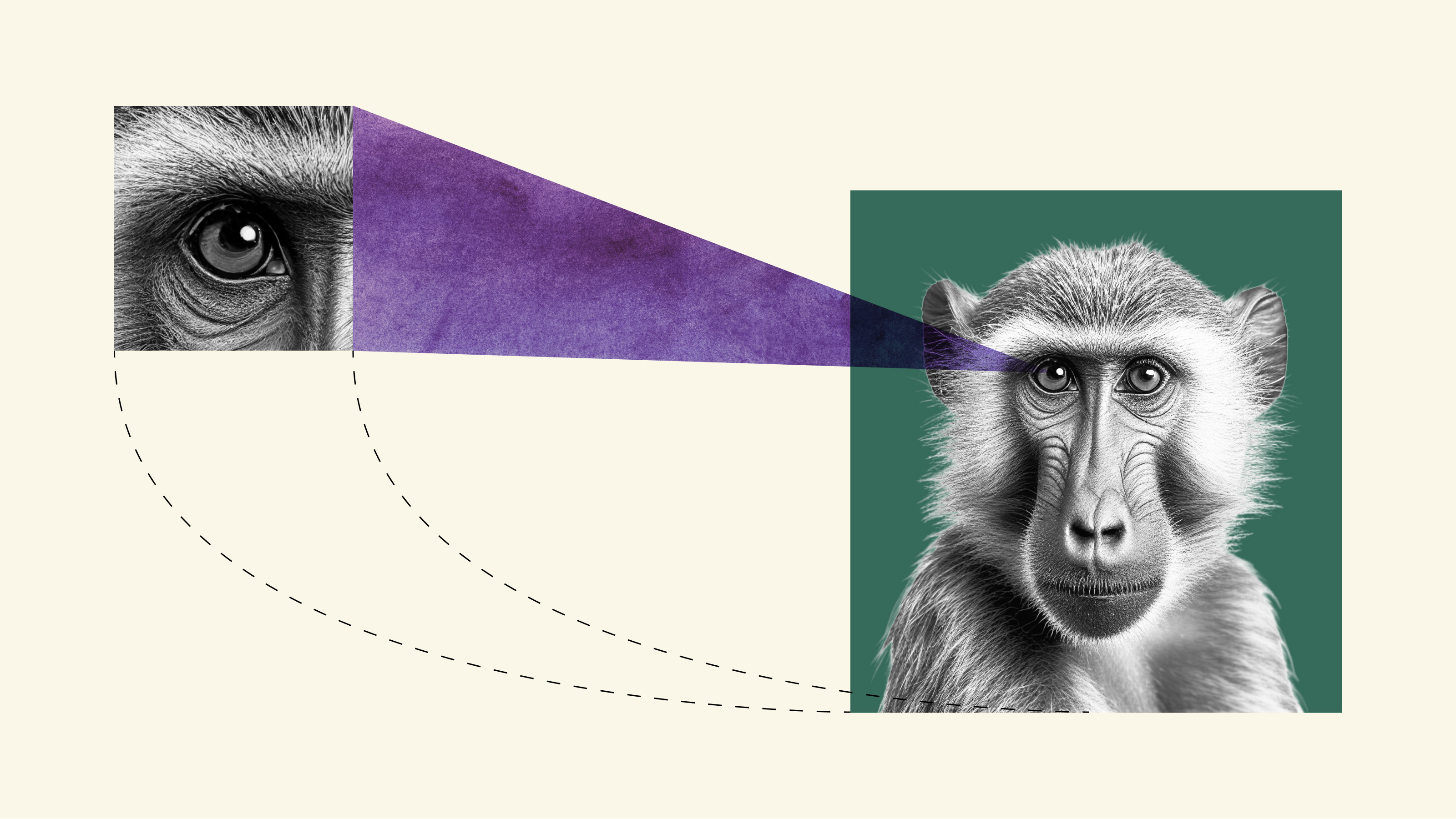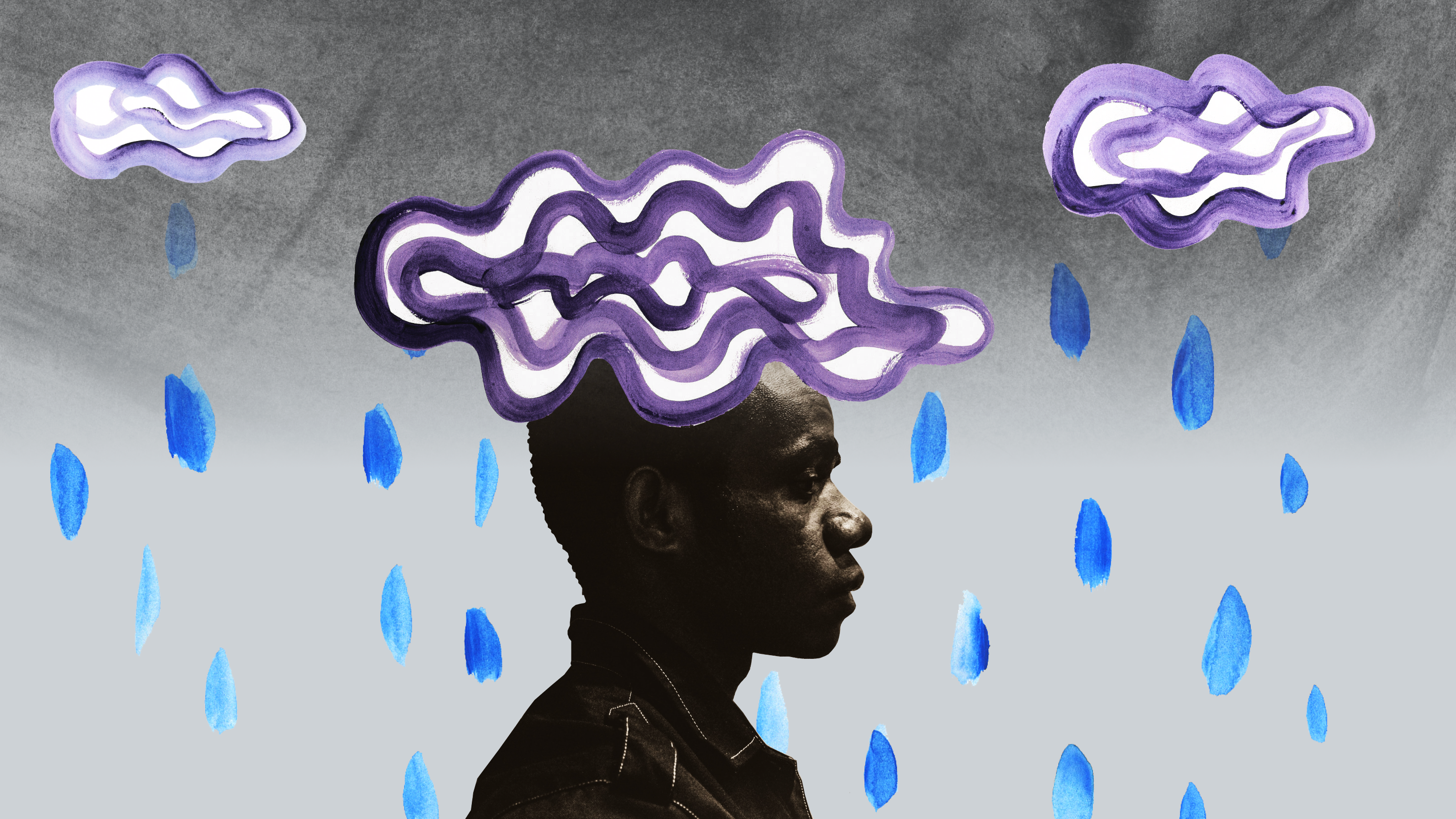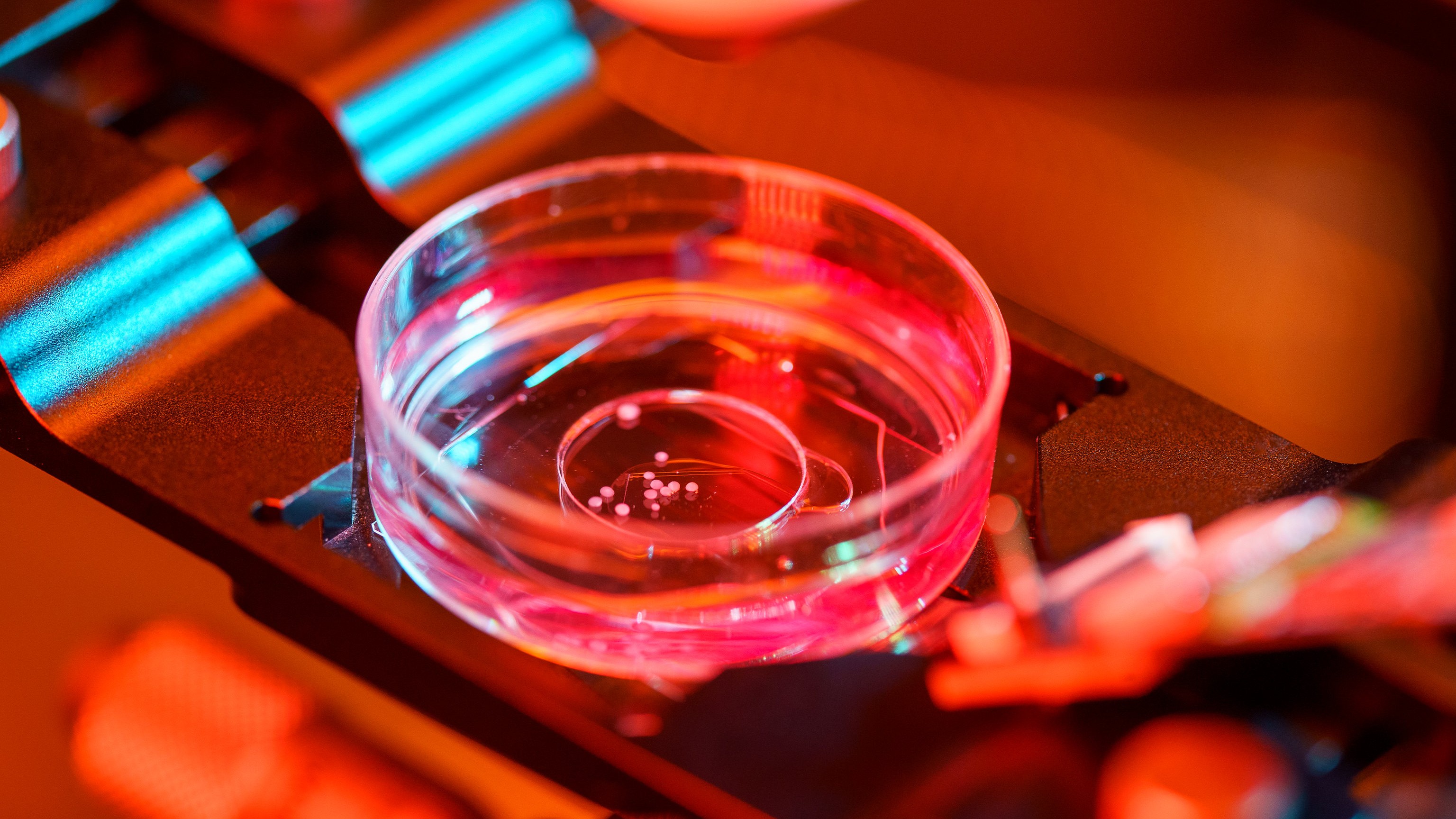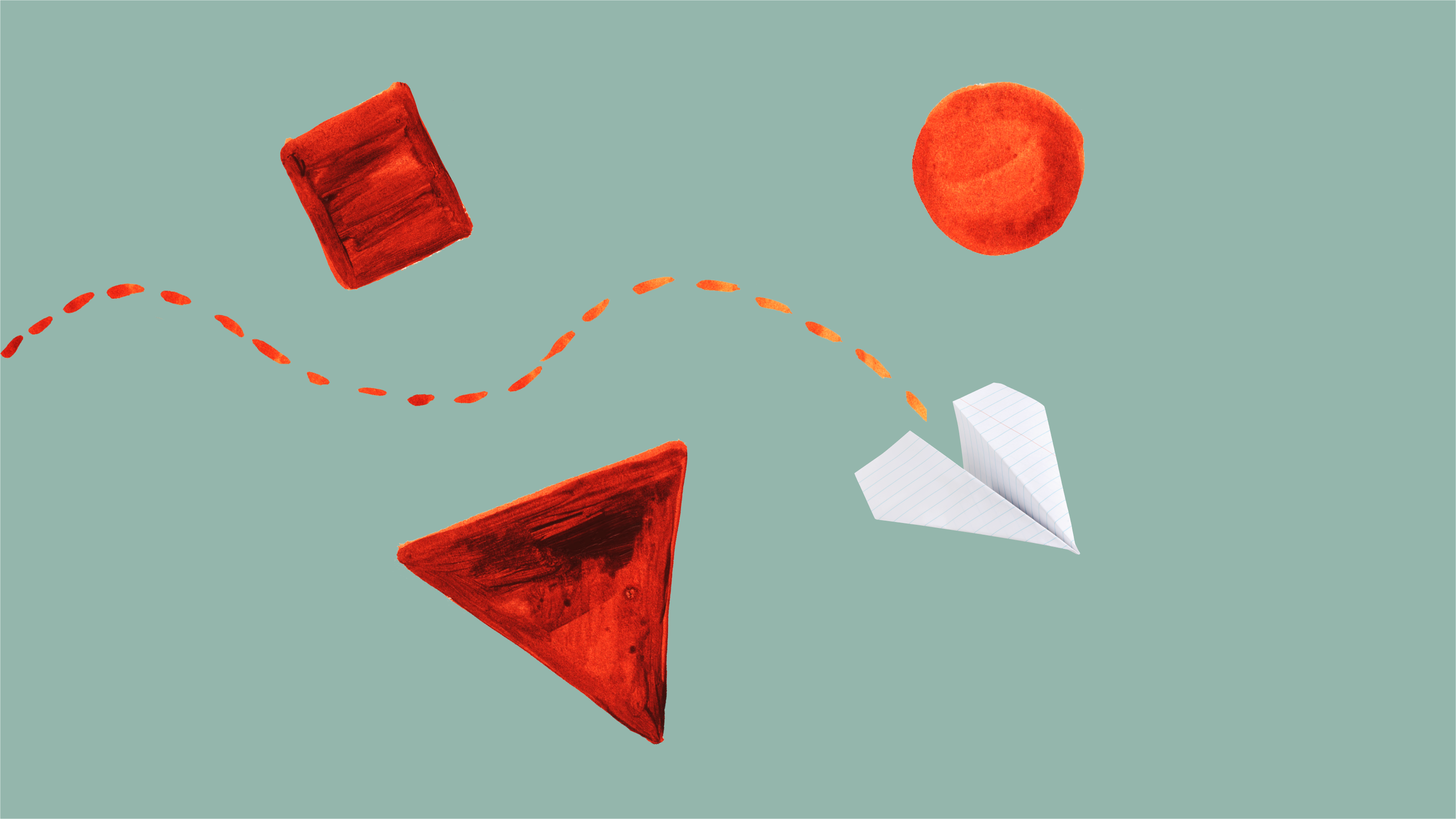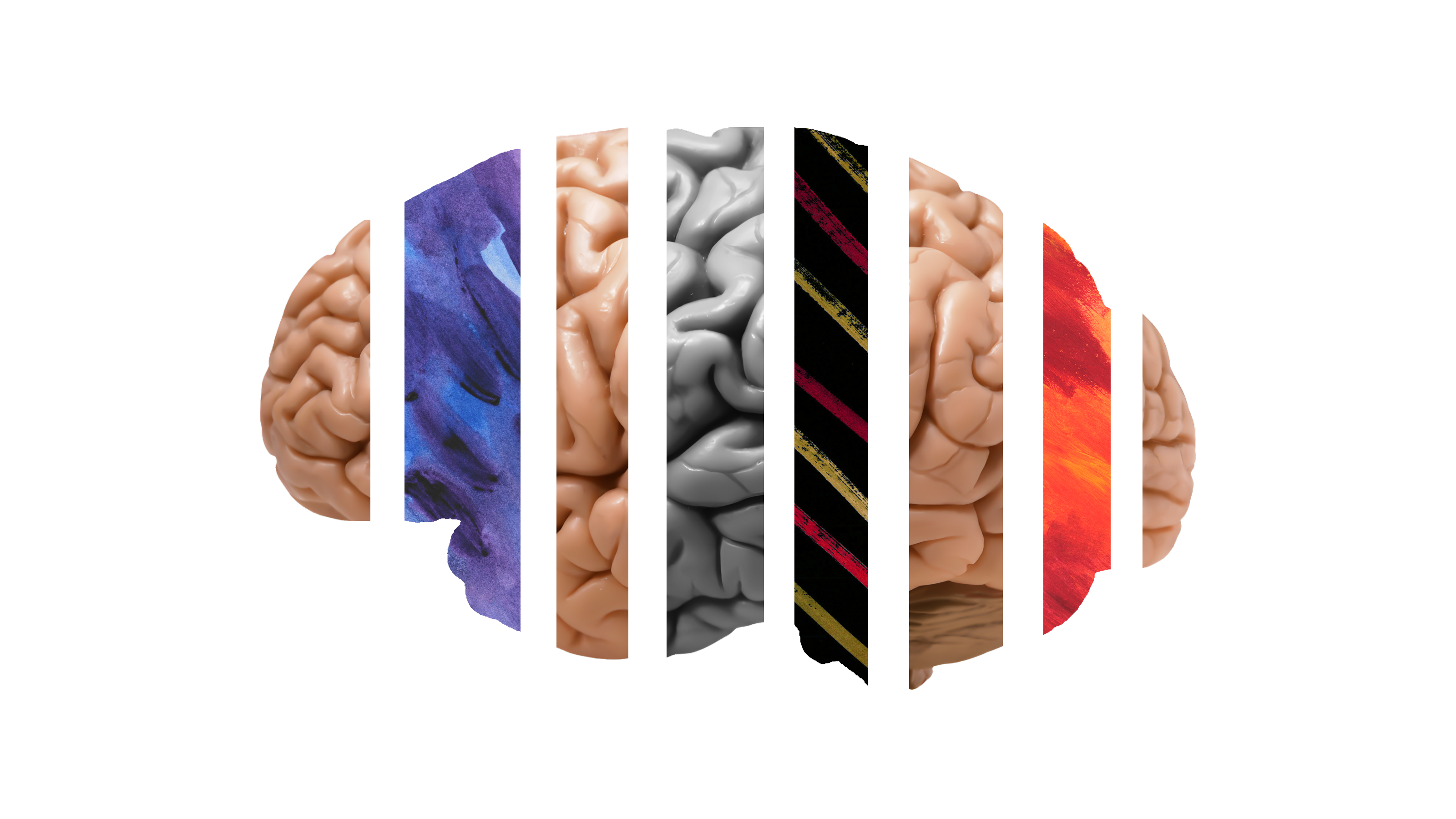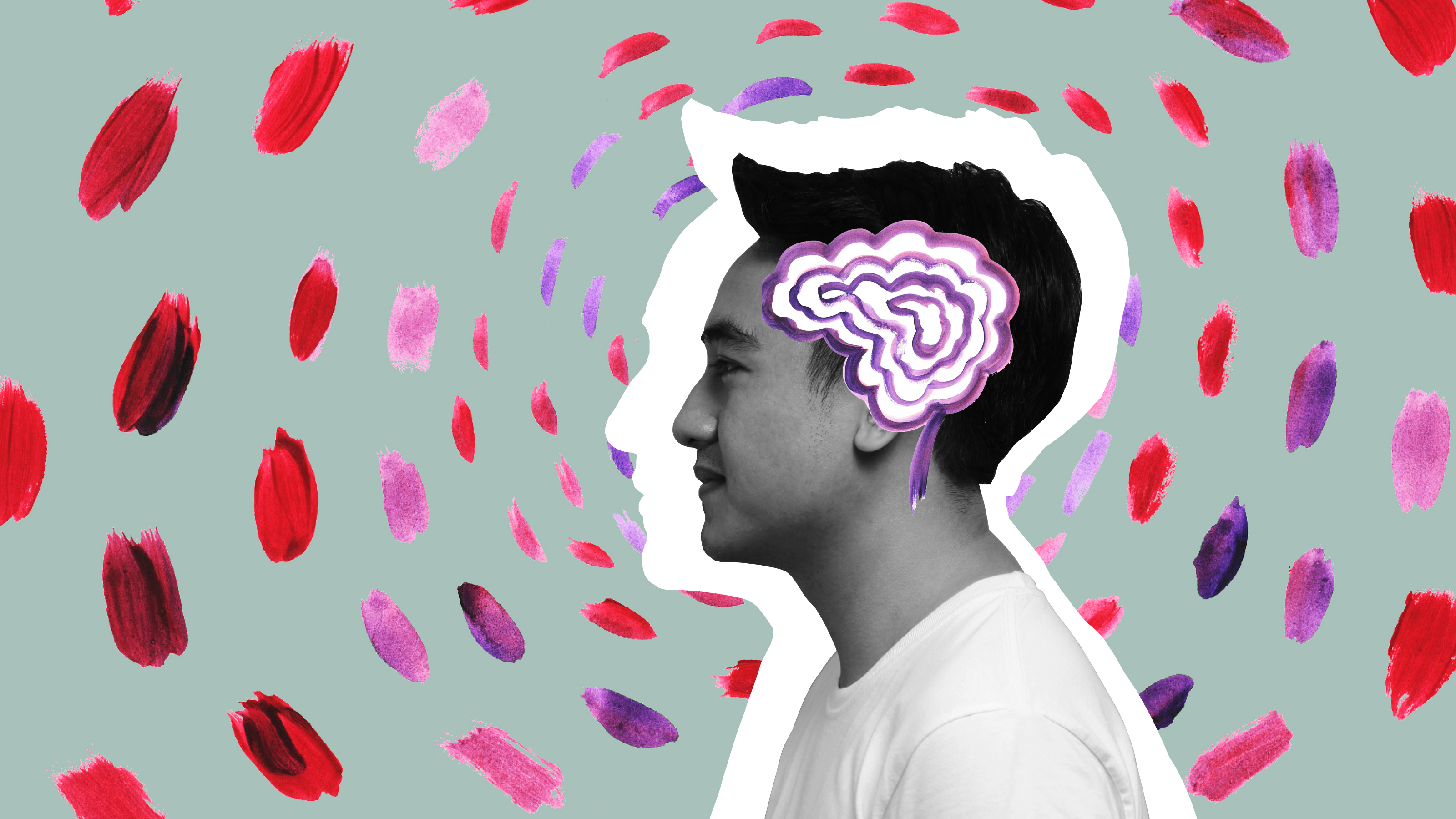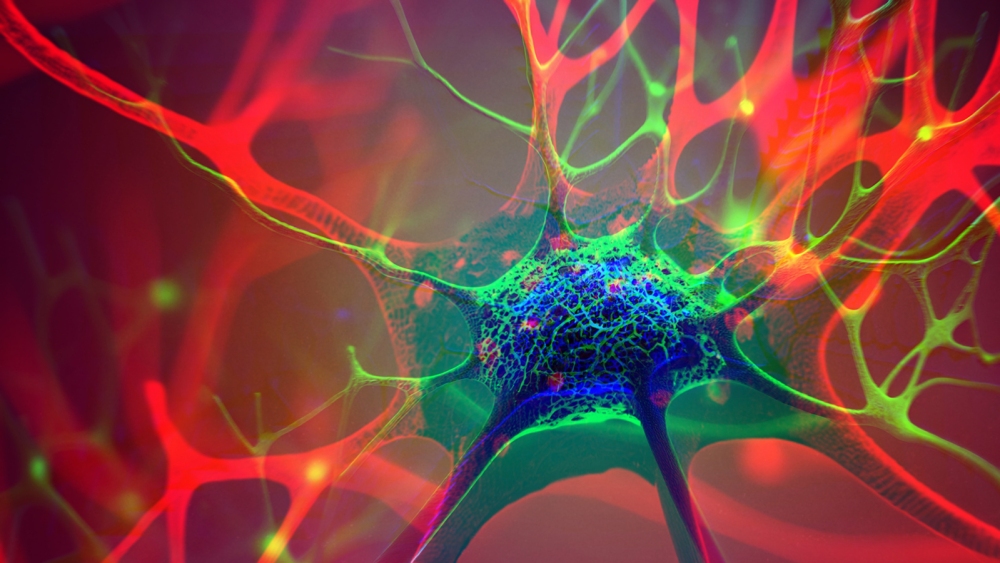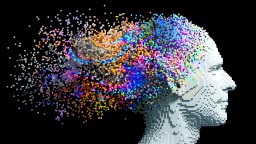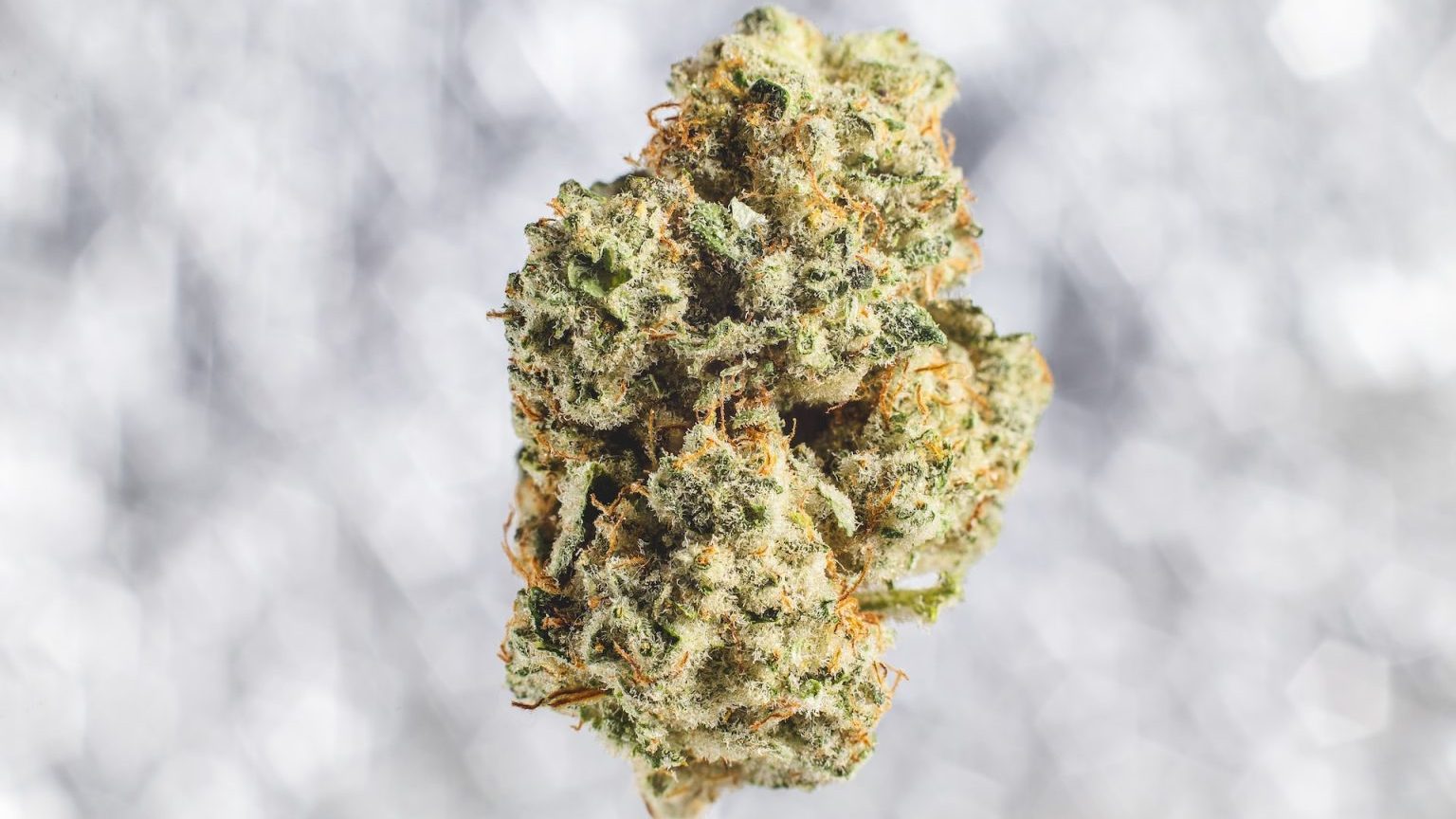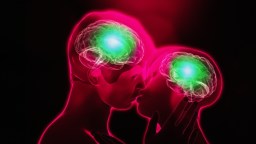neuroscience
You know that ghostly feeling that someone is nearby even though nobody is? It could be a trick of neural timing.
Experimental neuroscientist Patrick McNamara on how we can harness spiritual experiences to explore alternate realities in our minds, and transform our models of the self.
▸
8 min
—
with
The study was small and didn’t include a placebo group, but there is reason to believe that the drugs really do work.
The ability to decode acoustic information from brain activity aids the development of brain-computer interfaces that restore communication in patients who suffer paralysis.
Tasting sounds and hearing colors.
A new study provides the most detailed look at brains on psychedelics to date.
Psychedelics mess with our prior beliefs, and could help us see what forms these beliefs in the first place.
If you’re trying to break a bad habit or start a good one, psychologists have some tips.
“It doesn’t erase what happened to you. It just changes the impact it has on your life.”
This is the latest study to confirm that the brain does not fully mature until at least the third decade of life.
Pick up the paintbrush and get to work.
As Abraham Lincoln famously said, “If you want to test a man’s character, give him power and a plate of cookies.” (Something like that.)
The simulation hypothesis is fun to talk about, but believing it requires an act of faith.
In all mammals, there are two brain pathways for processing information from the eyes: an evolutionarily ancient one and a more modern one.
Depression might be similar to dreaming.
Some scientists think brain organoids could develop a form of consciousness. Others say that’s science fiction.
The secret may lie in an old idiom: “Sleep on it.”
Ev Fedorenko’s Interesting Brains Project highlights the human brain’s remarkable capacity to adapt, reorganize in the face of early damage.
This is your brain on work.
New research shows psychedelics activate receptors inside brain cells that other compounds, like serotonin, cannot.
Studies suggest that meditation can quiet the restless brain.
Only humans can voluntarily conjure new objects and events in our minds.
Expert Michael Spitzer explains how culture can “tune” your musical taste.
▸
5 min
—
with
A healthy endocannabinoid system is critical to the human body’s immune functions.
Studies show talk therapy works, but experts disagree about how it does so. Finding the answer could help professionals and patients.
While ticker tape synesthesia was first identified in the 1880s, new research looks at this unique phenomenon — and what it means for language comprehension.
There’s a link between dark personality traits and breaches of battlefield ethics.
It may be an advantage in some contexts.
Your brain on sex, love, and rejection with biological anthropologist Helen Fisher.
▸
8 min
—
with
